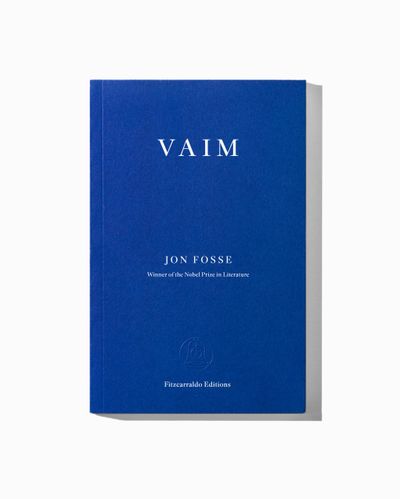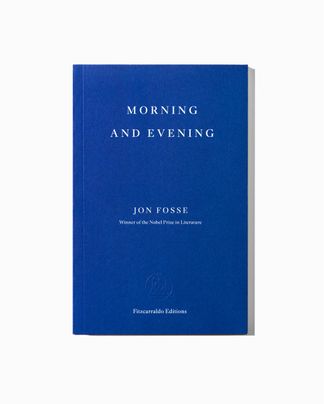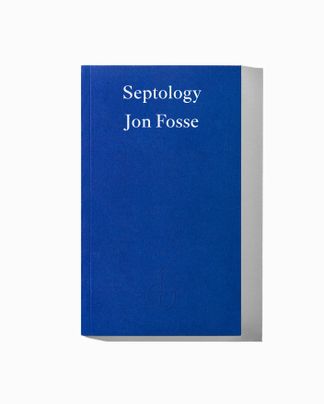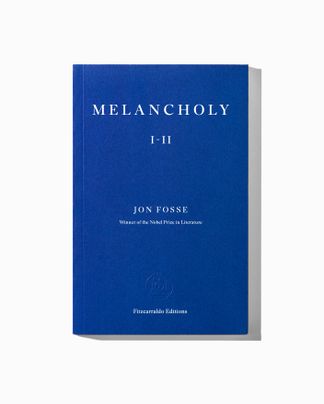Winner of the 2023 Nobel Prize in Literature
Jatgeir has come from Vaim to the big city, Bjørgvin, on his wooden boat, Eline, named after the long-lost love of his teenage years. He intends to buy a needle and thread to sew a button but he is cheated, twice. That night, while sleeping on his boat, he hears a familiar voice: unexpectedly, it is Eline, who wants to come home to Vaim with him. She leaves a note for her husband Frank, packs her bags and runs away while he is out fishing. Vaim, Jon Fosse’s first novel since he received the 2023 Nobel Prize in Literature, is the story of this triangle, a novel about little boats and big boats, love and death, passive men and an incredibly determined woman. And all, of course, was strange…
Financial Times Books of the Year 2025 | New Yorker Books of the Year 2025






